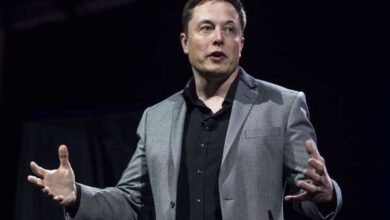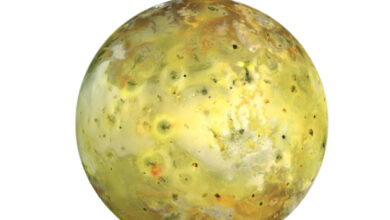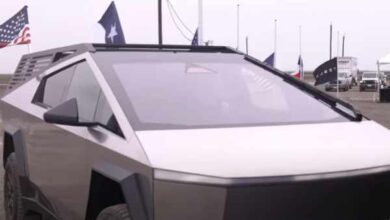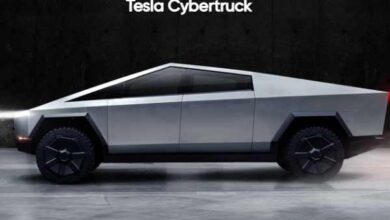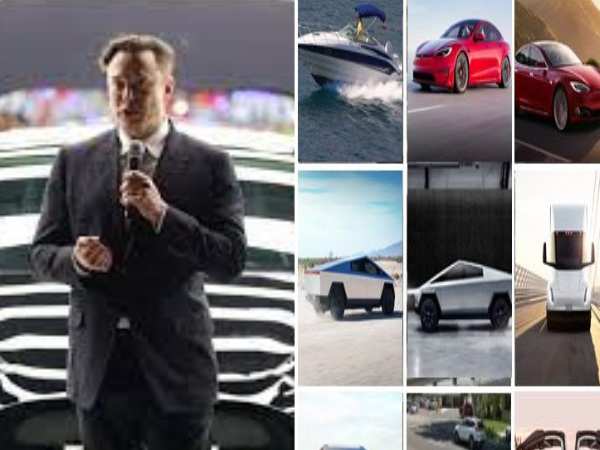
Tesla’s AI recent recall of over 360,000 cars with its ‘Full Self-Driving’ system has raised questions about the safety of self-driving cars. Just hours before news of the recall broke, Tesla CEO Elon Musk declared that Tesla’s AI could “really crush” Google’s reCAPTCHA robot test.
The recall was prompted by U.S. regulators who found that the Full Self-Driving Beta software may cause crashes due to a flaw in its Autopilot Computer 2.5 system. The issue affects certain 2018-2019 Model S, Model X, and 2017-2020 Model 3 vehicles equipped with Autopilot Computer 2.5 and operating certain firmware releases.
Tesla has assured customers that service to address the issue will be provided for free as part of their 4-year warranty. The company is working on an update to fix the flaw and plans to roll it out soon.
The news of this recall comes at a time when self-driving cars are becoming increasingly popular among consumers, and raises concerns about their safety and reliability. It also highlights the importance of proper testing and regulation when it comes to new technologies like self-driving cars, which can have serious implications for public safety if not properly monitored.
Also Read – SpaceX to be fined $175,000 by US govt for failure to provide Starlink data
Despite this setback, Tesla remains confident in its ability to develop safe and reliable autonomous driving technology, as evidenced by Musk’s statement just hours before news of the recall broke. While there is still much work to be done in order for self-driving cars to become commonplace on our roads, this incident serves as a reminder that safety must remain a top priority when developing new technologies like these.

What is a CAPTCHA and why do we need them?
A CAPTCHA (Completely Automated Public Turing test to tell Computers and Humans Apart) is a type of challenge-response system designed to differentiate humans from robotic computer programs. CAPTCHAs are used as security checks to ensure that only real people can access websites, online services, and applications.
CAPTCHAs are typically presented as a distorted image of letters and numbers that the user has to decipher in order to prove they’re human. This helps protect websites from automated attacks by bots, which can be used for malicious activities such as spamming or stealing data. By requiring users to pass a CAPTCHA test, website owners can make sure that only legitimate users are accessing their sites.
In addition to traditional text-based CAPTCHAs, there are also audio versions for visually impaired users, as well as more advanced tests like reCAPTCHA v3 which uses risk-based algorithms instead of challenges.
Overall, CAPTCHAs provide an effective way for website owners to protect their sites from automated attacks while still allowing legitimate users easy access.
How does Tesla’s AI compare to Google’s reCAPTCHA robot test?
Tesla’s AI is highly advanced and could easily pass Google’s reCAPTCHA tests, according to Elon Musk. These tests are designed to filter out robots from humans, and Tesla’s AI is capable of passing them with ease. This means that Tesla’s AI can be used in a variety of applications, including autonomous driving. Google’s reCAPTCHA test is often as simple as clicking a box or selecting images, but Tesla’s AI has the potential to go beyond this and provide more accurate results.
Tesla’s AI is an impressive feat of technology that could revolutionize the way we interact with machines. It has the potential to make tasks such as autonomous driving much safer and more efficient than ever before. With its ability to pass Google’s reCAPTCHA tests, it could open up a world of possibilities for developers and users alike.
Also Read – SpaceX to launch another rocket from Vandenberg this week | SpaceX Falcon 9 Rocket
Tesla’s AI may have already surpassed this new system – meaning it can read distorted text as easily as humans can
Tesla’s AI has been making waves in the tech world for its impressive capabilities. From self-driving cars to robots, Tesla’s AI is pushing the boundaries of what is possible with artificial intelligence. Recently, a new system called ChatGPT has been making headlines for its ability to read distorted text as easily as humans can. However, Elon Musk recently expressed his concern that this technology could be dangerous if it falls into the wrong hands.
It turns out that Tesla’s AI may have already surpassed this new system – meaning it can read distorted text as easily as humans can. This means that Tesla’s AI could potentially be used for malicious purposes, such as identity theft or other cybercrimes. It also raises questions about how secure our data is when using AI-powered systems like Tesla’s Autopilot and Optimus robots.
At the same time, Tesla’s AI offers tremendous potential for good. For example, their Autopilot feature allows drivers to safely navigate roads without having to constantly monitor their surroundings. Similarly, their Optimus robot can help people with physical disabilities by providing them with assistance in everyday tasks.
Overall, while there are some risks associated with using advanced AI technology like Tesla’s, the potential benefits far outweigh them. As long as we use these technologies responsibly and take steps to ensure our data remains secure, then we should be able to reap the rewards of this powerful technology without putting ourselves at risk of harm.

